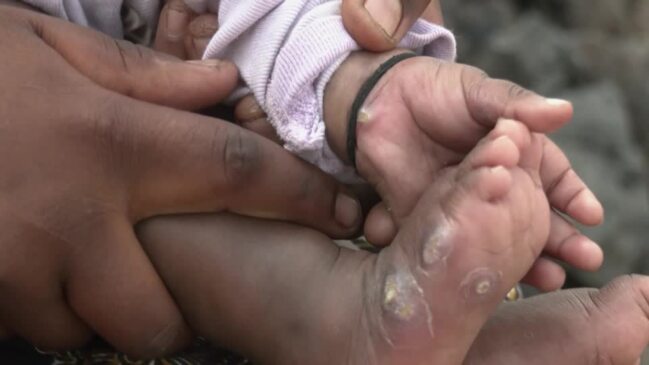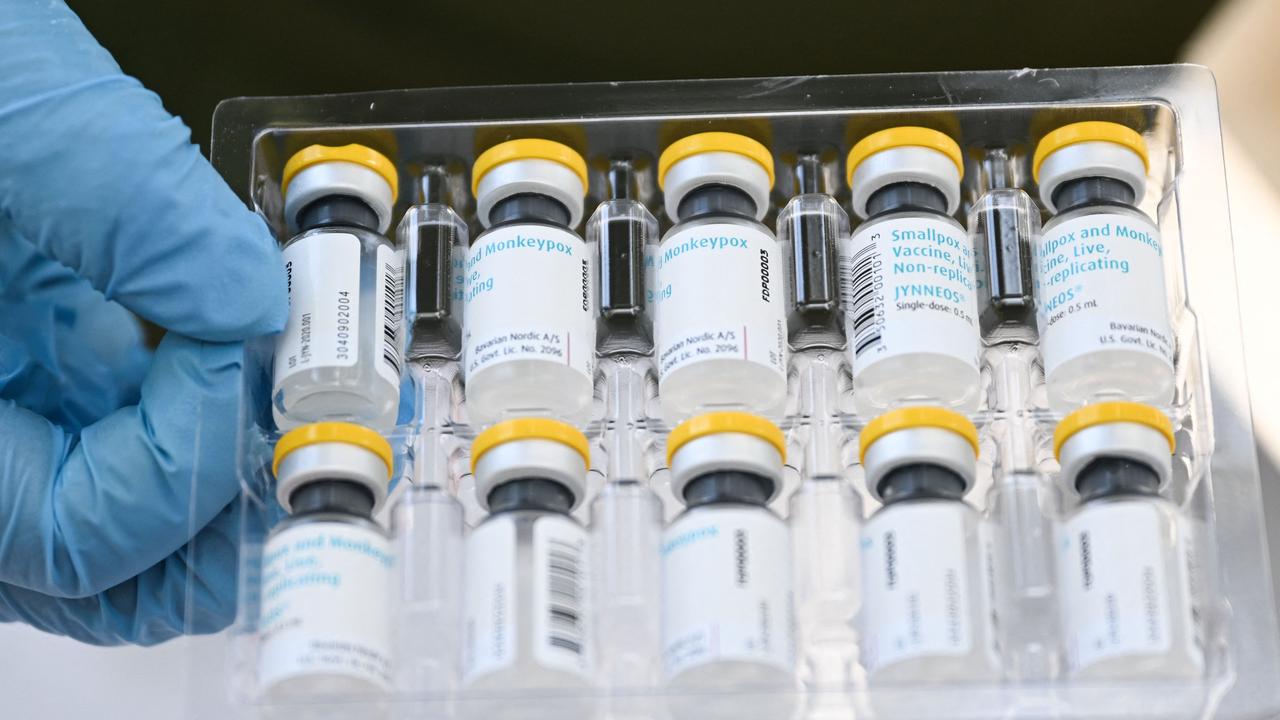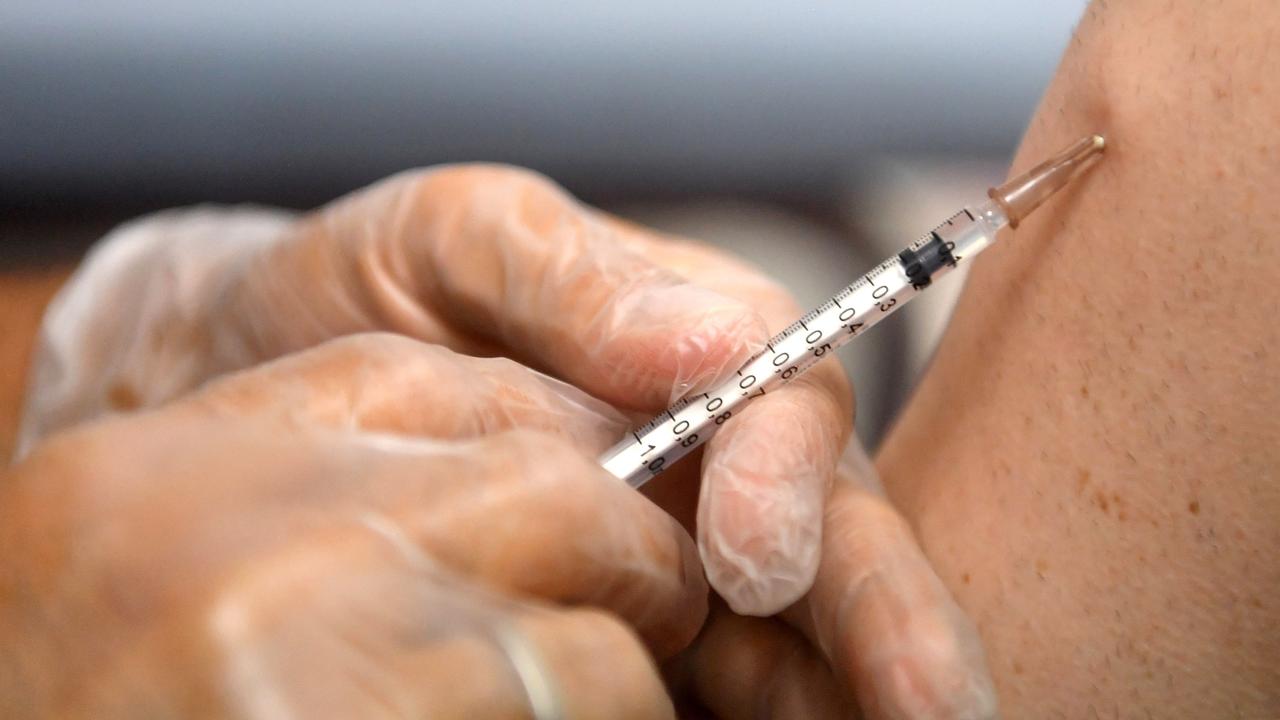Thailand confirms Asia’s first case of new mpox strain as virus continues to spread
A case of the deadly new strain of mpox has emerged worryingly close to Australia.

Thailand has confirmed its first case of a new potentially more deadly strain of mpox, becoming the first country in Asia and the second country outside Africa to report a case.
A 66-year-old European man has tested positive for the Clade 1b mpox strain after arriving in Thailand from an unspecified country in Africa, where the virus formerly known as monkeypox is currently spreading.
“The test results confirm that [the patient] is infected with the Clade 1b strain of monkeypox, which is the first case diagnosed in Thailand, but this man is likely infected from an endemic country,” said Thongchai Keeratihattayakorn, director-general of the Department of Disease Control.
The World Health Organisation last week declared the rapid spread of the new Clade 1b strain an international public health emergency – the agency’s highest alert.

Mpox is caused by a virus transmitted to humans by animals but can also spread human-to-human through close physical contact. It causes fever, muscular aches and large boil-like skin lesions.
There are two subtypes of mpox: the more virulent and deadlier Clade 1, endemic in the Congo Basin in central Africa; and Clade 2, endemic in West Africa.
Sweden was the first country outside Africa to confirm a case of Clade 1b last week.
The Swedish case was detected in a patient who had visited one of the affected African countries.
A case in Pakistan was also reported but confirmed to be a less severe strain known as Clade 2 strain.

Hundreds killed in DRC as other counties warned
548 people have died from mpox in the DRC since the start of the year, the government has confirmed.
Nigeria has recorded 39 mpox cases this year, but no deaths, according to its health authorities. Previously unaffected countries such as Burundi, Kenya, Rwanda and Uganda have reported outbreaks, according to the Africa Centres for Disease Control and Prevention.
Health authorities have warned Europe must be ready for more cases.
France’s Prime Minister Gabriel Attal said his country was on the “highest alert” and would implement “new recommendations” for travellers to risk areas.
China earlier announced it would begin screening people and goods entering the country for mpox over the next six months.

People arriving from countries where outbreaks have occurred, who have been in contact with mpox cases or display symptoms should “declare to customs when entering the country”, China’s customs administration said.
Vehicles, containers and items from areas with mpox cases should be sanitised, it added in a statement.
Urgent warning for Aussies
It comes after West Australian health authorities issued a warning on Wednesday after two locally acquired cases of mpox were detected.
The cases are of the less severe Clade 2 strain of the infection.
WA Health’s Communicable Disease Control Director, Dr Paul Armstrong said high risk groups should be alert for symptoms and seek testing.
“Mpox infections have been increasing in Australia over the past few months – particularly among sexually active men who have sex with men and through higher risk activities such as casual sex and multiple partners,” he said.
Australia’s National Notifiable Disease Surveillance System notes 283 cases mpox reported across the country in 2024, spiking from just 26 last year.

Meanwhile, the WHO is asking countries with vaccine stockpiles to donate them to countries with outbreaks.
WHO spokeswoman Margaret Harris said mpox was “particularly dangerous for those with a weak immune system, so people who maybe have HIV or are malnourished”, and was also dangerous for small children.
The United States has said it will donate 50,000 doses of an mpox vaccine to DRC and Attal said France would also send vaccines to risk countries.
Danish drugmaker Bavarian Nordic said last week it would be ready to make up to 10 million doses of its mpox vaccine by 2025 but that it needed contracts to start production.
– With AFP






